Organic fertilizer composting machine: the technical engine behind organic agriculture
At a time when organic agriculture is booming, the production of organic fertilizer has become the core link of sustainable agricultural development. As the key equipment for producing organic fertilizer, the organic fertilizer composting machine is pushing organic agriculture to a new height with its unique technical advantages and wide application value.
1. Composting machine types are suitable for diversified production
①Horizontal composting machine: large capacity and strong stirring
The horizontal organic fertilizer composting machine has a large material holding space due to its unique tank design and is suitable for large-scale production. Its special spiral stirring structure can achieve uniform mixing and fermentation when the material is turned. When processing a large amount of livestock and poultry manure and crop straw, efficient stirring can be used to allow microorganisms to fully contact the material, accelerate the fermentation process, and shorten the production cycle.
②Vertical composting machine: space saving and precise control
The vertical composting machine focuses on efficient use of space and is suitable for places with limited space. It is equipped with an advanced automatic control system that can accurately control key parameters such as temperature, humidity and ventilation. The fermentation status is monitored in real time through the built-in sensor. Once the parameters deviate, the system automatically adjusts to ensure stable fermentation and produce high-quality organic fertilizer.
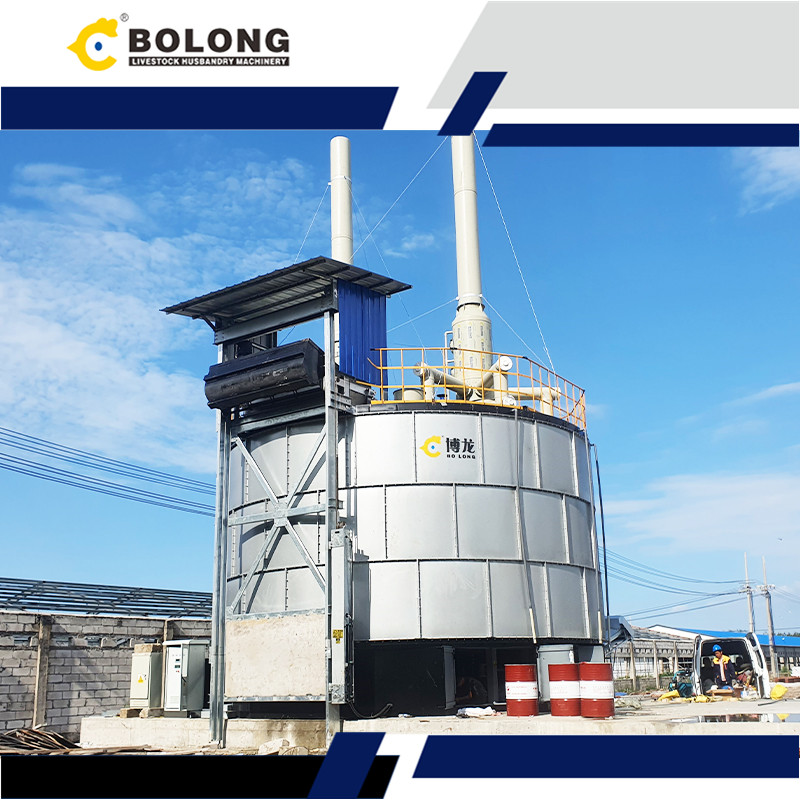
2. Composting machines promote fermentation through microbial collaboration
① composting machines build microbial communities
Organic fertilizer composting machines create an ideal living environment for microorganisms, and different microorganisms perform their duties to form an orderly community. For example, Bacillus quickly decomposes simple organic matter, and actinomycetes and fungi decompose complex substances such as cellulose and lignin and release nutrients. Reasonable addition of microbial agents and optimization of community structure can significantly improve fermentation efficiency and organic fertilizer quality.
② composting machines regulate microbial metabolism
composting machines effectively regulate microbial metabolic activities by controlling environmental conditions such as temperature and oxygen content. In the early stage of fermentation, the temperature and ventilation volume are increased to promote the rapid reproduction of microorganisms; in the later stage, the temperature is appropriately lowered to guide them to synthesize metabolites. This precise regulation can not only ensure the activity of microorganisms, but also promote fermentation in a direction that is conducive to the production of organic fertilizers.
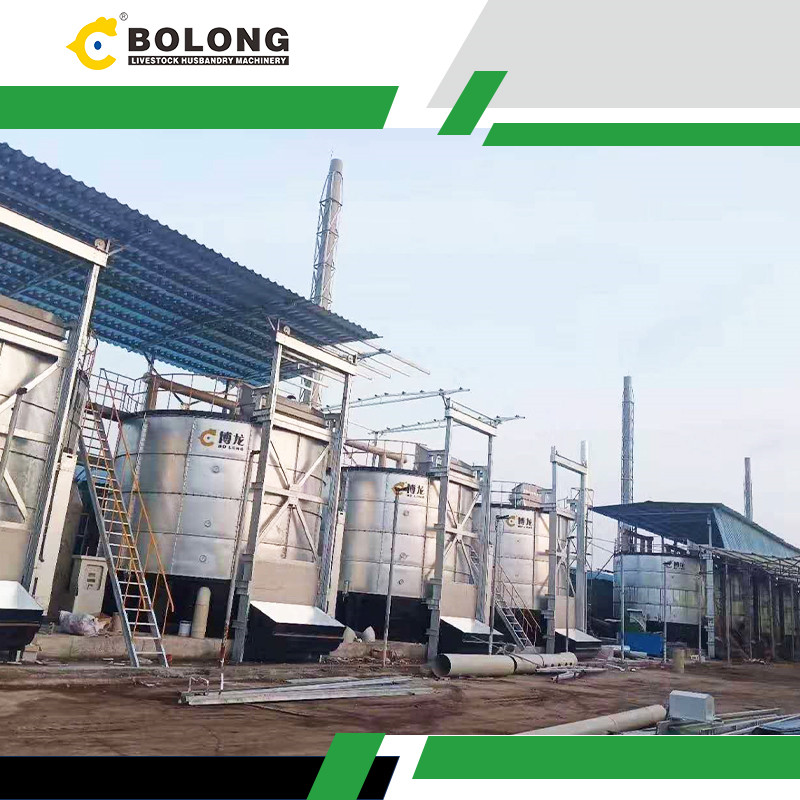
3. Composting machines help agricultural ecological sustainability
① composting machines improve soil and repair ecology
Organic fertilizers produced in composting machines are rich in a variety of organic matter and trace elements, which can effectively improve soil structure and enhance fertility. Long-term application can make the soil loose and breathable, enhance water and fertilizer retention capacity, promote microbial growth and reproduction, and repair damaged soil ecosystems.
② composting machines promote resource recycling and emission reduction
Organic fertilizer composting machines convert agricultural waste and organic garbage into organic fertilizers, realize resource recycling, and reduce waste pollution. Compared with traditional composting, its fermentation energy consumption is lower, reducing greenhouse gas emissions, and helping energy conservation and emission reduction.
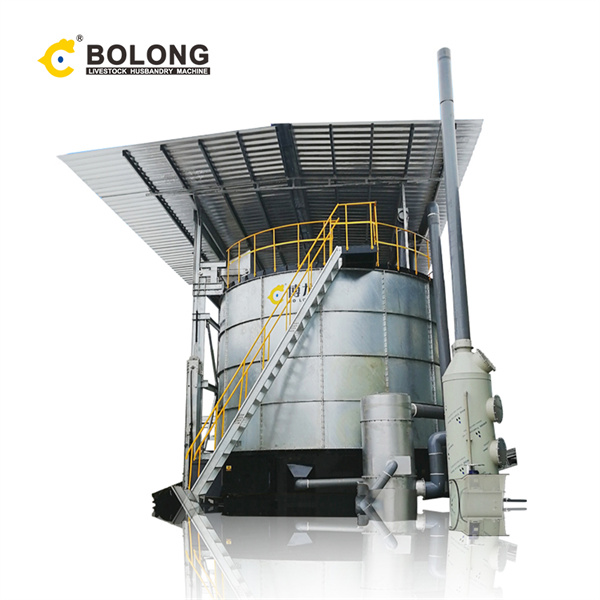
4. Composting machines future technological innovation
① composting machine material innovation to improve performance
In the future, organic fertilizer composting machines will innovate in materials, using new corrosion-resistant and heat-insulating materials to improve service life and energy efficiency. For example, the application of nano-composite materials is expected to enhance the strength and sealing of the tank, reduce heat loss, and further improve the fermentation effect.
② composting machine system integration promotes intelligence
Through system integration technology, the composting machine is integrated with material transportation, packaging and other equipment to achieve full automation of organic fertilizer production. With the help of artificial intelligence and big data technology, the fermentation process is intelligently predicted and optimized to improve production accuracy and stability.
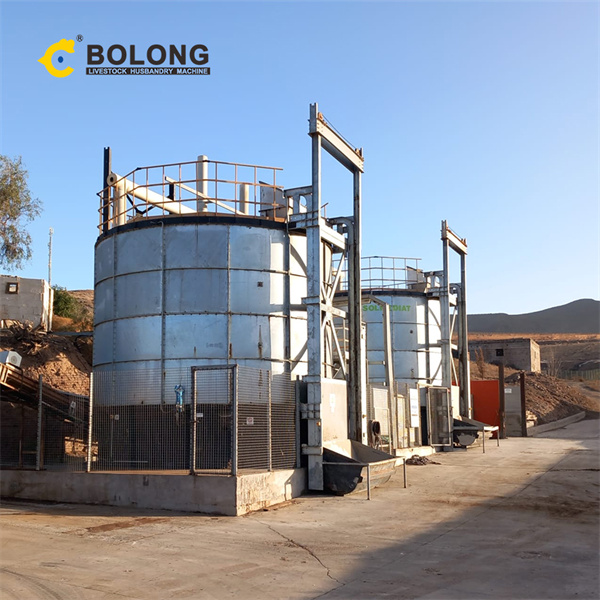
As an important support for the development of organic agriculture, organic fertilizer composting machines play an important role in meeting production needs, promoting microbial fermentation, and improving agricultural ecology. With the continuous innovation of technology, it will play a more critical role in the sustainable development of agriculture.
-
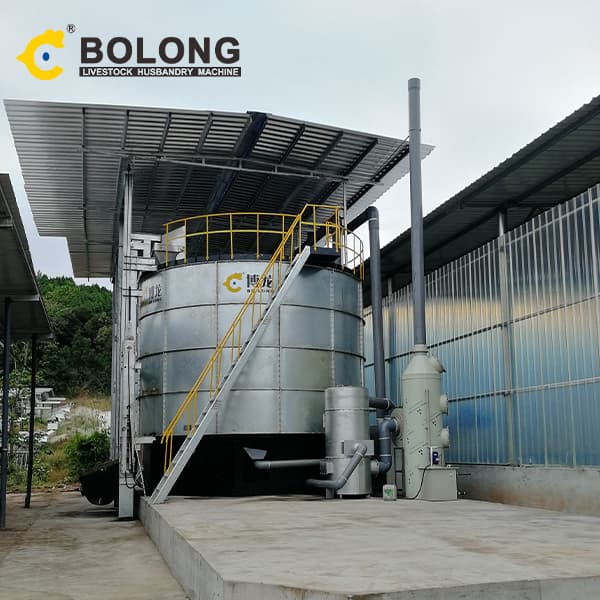 innovative animal dung composting tank24-08-31Sustainability | Free Full-Text | Optimization and Experiment Jul 21, 2023 · As livestock and poultry farming expands in China, the generation of fecal waste has significantly increased. Inadequ...
innovative animal dung composting tank24-08-31Sustainability | Free Full-Text | Optimization and Experiment Jul 21, 2023 · As livestock and poultry farming expands in China, the generation of fecal waste has significantly increased. Inadequ... -
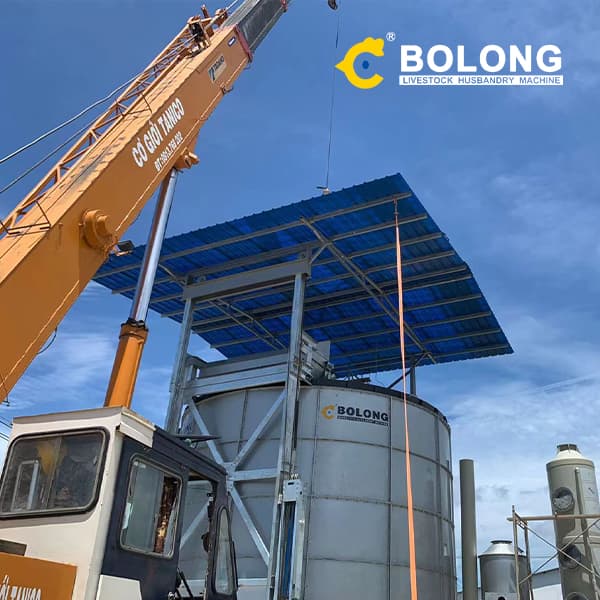 high-quality organic fertilizer composting system24-08-31Compost 101: A Beginner’s Guide to Organic Composting Dec 13, 2023 · Discover the essentials of organic composting with our comprehensive beginner's guide. Learn how to transform kitchen and gard...
high-quality organic fertilizer composting system24-08-31Compost 101: A Beginner’s Guide to Organic Composting Dec 13, 2023 · Discover the essentials of organic composting with our comprehensive beginner's guide. Learn how to transform kitchen and gard... -
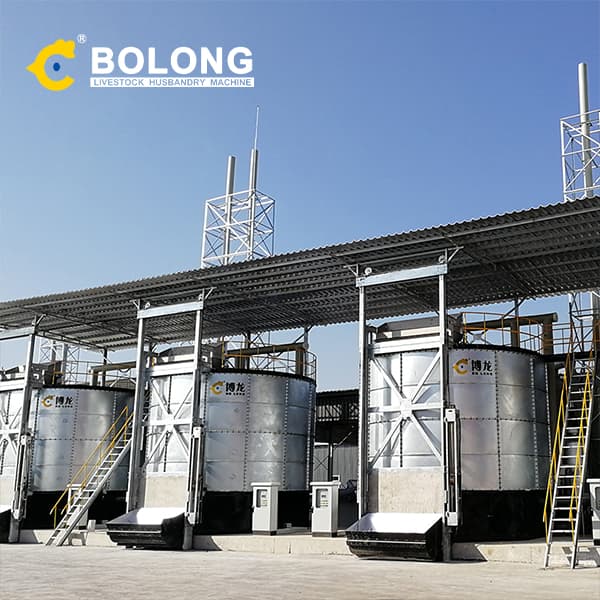 reliable chicken dung compost vessel24-08-31Chicken Manure Compost in Just 18 Days - Salt in my Coffee Jul 2, 2024 · That happens to be the perfect balance for a good hot compost pile. And from what I could see, the deep layers of pine sha...
reliable chicken dung compost vessel24-08-31Chicken Manure Compost in Just 18 Days - Salt in my Coffee Jul 2, 2024 · That happens to be the perfect balance for a good hot compost pile. And from what I could see, the deep layers of pine sha... -
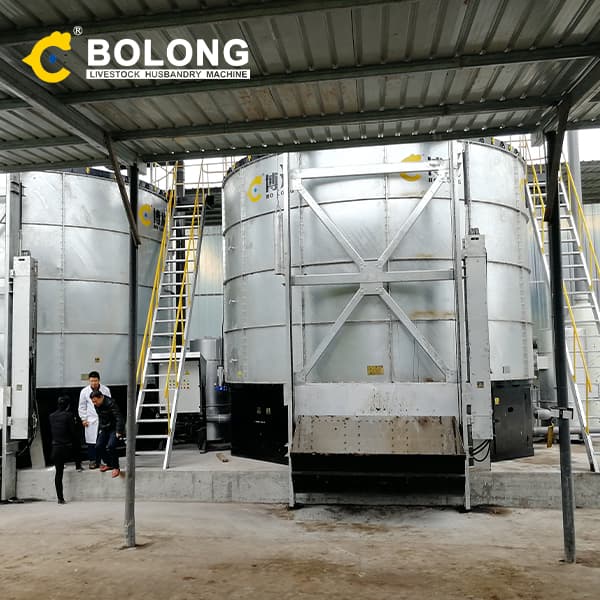 large scale poultry manure compost tank24-08-31easy operated large scale composting-Fermentation Control 2024/5/1/ · The activities of CMCase, β-Gase and FPase were detected at 0.365 U/g, 0.115 U/g and 0.096 U/g on day 0 of composting. As sho...
large scale poultry manure compost tank24-08-31easy operated large scale composting-Fermentation Control 2024/5/1/ · The activities of CMCase, β-Gase and FPase were detected at 0.365 U/g, 0.115 U/g and 0.096 U/g on day 0 of composting. As sho...